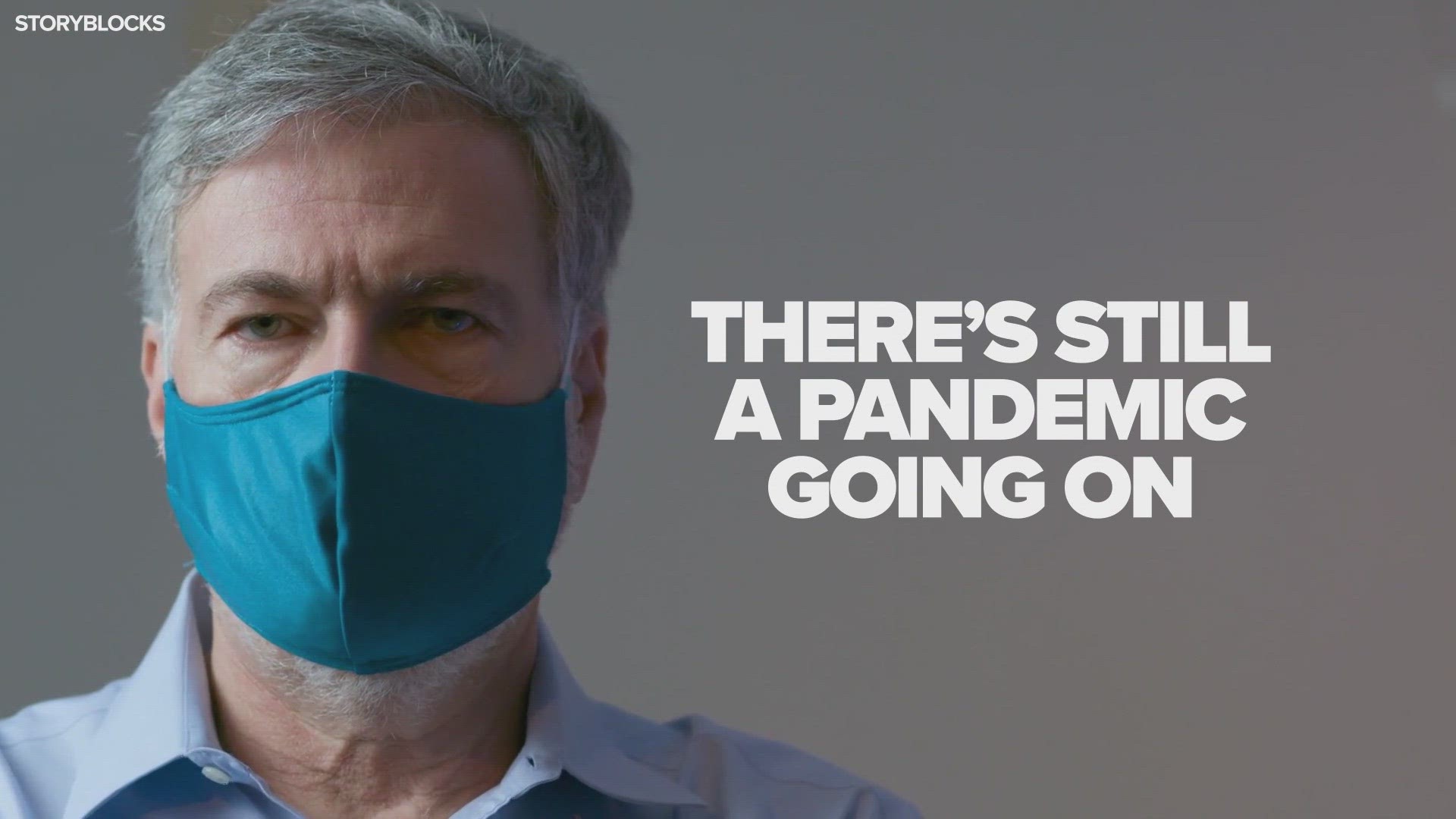WASHINGTON —
The CDC is updating and expanding its list of people at risk of severe COVID-19 illness.
The health agency says older adults and people with underlying medical conditions remain at increased risk for severe illness.
However, the CDC has now removed the specific age threshold from the older adult classification.
The CDC now says a person’s risk increases steadily with age; therefore, it’s not just those over 65 at an increased risk.
As for underlying medical conditions, the CDC says that list includes chronic kidney disease, COPD, obesity, immunocompromised state from solid organ transplant, serious heart conditions, sickle cell disease, and Type 2 diabetes.
The CDC also updated its list of other conditions that might increase a person’s risk of severe illness to include conditions such as asthma, high blood pressure, neurological conditions, cerebrovascular disease, and pregnancy.
The CDC detailed the changes during a teleconference call Thursday with reporters. It explained that it's clear a substantial number of Americans are at increased risk of severe illness from the coronavirus pandemic – highlighting the importance of continuing to follow preventive measures.
“Understanding who is most at risk for severe illness helps people make the best decisions for themselves, their families, and their communities,” said CDC Director Robert Redfield MD. “While we are all at risk for COVID-19, we need to be aware of who is susceptible to severe complications so that we take appropriate measures to protect their health and well-being.”
Health officials noted that these changes increase the number of people who fall into groups considered higher risk. An estimated 40% of American adults are considered obese, according to the CDC.
For most people, the new coronavirus causes mild or moderate symptoms, such as fever and cough that clear up in two to three weeks. For some, especially older adults and people with existing health problems -- including children -- it can cause more severe illness and death.

